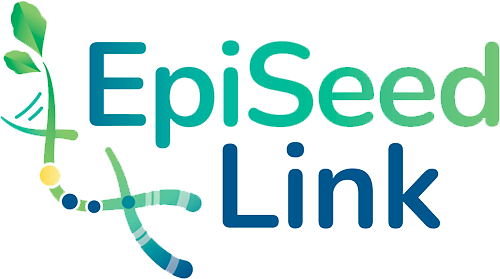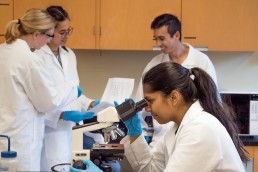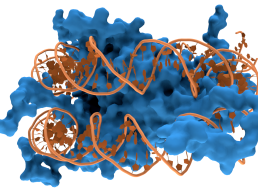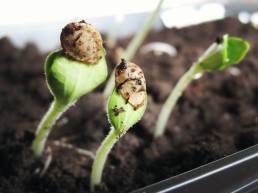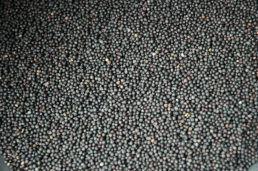Research
We will contribute to excellence in research while addressing urgent societal and agricultural needs
Through an outstanding research program, in EpiSeedLink, we will empower the use of epigenetic variation to define new selection markers and modulate genome function to improve crop resilience under climate change threats.
More specifically, EpiSeedLink aims to:
Fill important gaps of knowledge in the epigenetic regulation of economically important seed vigour traits under stress conditions through optimal knowledge transfer and sharing across disciplines. This requires:
- identifying beneficial epigenetically based traits for seed vigour and stress tolerance in oilseed rape.
- isolating chemicals that modulate the plant epigenome to enhance or silence seed vigour pathways.
- providing a “diagnostic” toolbox to industrial stakeholders for plant breeding based on the detection of new markers.
Our multi-level approach
To understand crop resilience
In our different Work Packages (WP) we combine the study of epigenetic processes with population genetics to generate unprecedented insights into the molecular mechanisms that predispose crops to resilience.
Research topic 1 – Seed germination and seedling establishment
Understanding the developmental processes
This work package aims to set a reference framework of the molecular mechanisms that operate at the epigenetic and chromatin level during seed germination and seedling establishment under optimal growth conditions.
Research topic 2 – Epigenome response to stress
Identifying mechanisms of stress adaptation during developmental processes for improved crop yield
Comparing to the results from research topic 1, this work package aims to understand the molecular mechanisms that operate at the chromatin level during seed germination and seedling establishment under drought conditions to improve crop yield in oilseed rape.
Research topic 3 – Seed priming
Defining seed priming tools for stress acclimation, improved growth, and crop performance
This work package aims to shed light on the phenotypic, genotypic, and molecular responses elicited by various seed priming agents and to develop a novel seed priming technology for the end user, allowing crop cultivation under unfavorable weather conditions.
Research topic 1 – Seed germination and seedling establishment.
Understanding the developmental processes
This work package aims to set a reference framework of the molecular mechanisms that operate at the epigenetic and chromatin level during seed germination and seedling establishment under optimal growth conditions.
Research topic 2 – Epigenome response to stress
Identifying mechanisms of stress adaptation during developmental processes for improved crop yield
Comparing to the results from Research work package 1, this work package aims to understand the molecular mechanisms that operate at the chromatin level during seed germination and seedling establishment under drought conditions to improve crop yield in oilseed rape.
Research topic 3 – Seed priming
Defining seed priming tools for stress acclimation, improved growth and crop performance
This work package aims to shed light on the phenotypic, genotypic and molecular responses elicited by various seed priming agents and to develop a novel seed priming technology for the end user allowing crop cultivation under unfavorable weather conditions.
